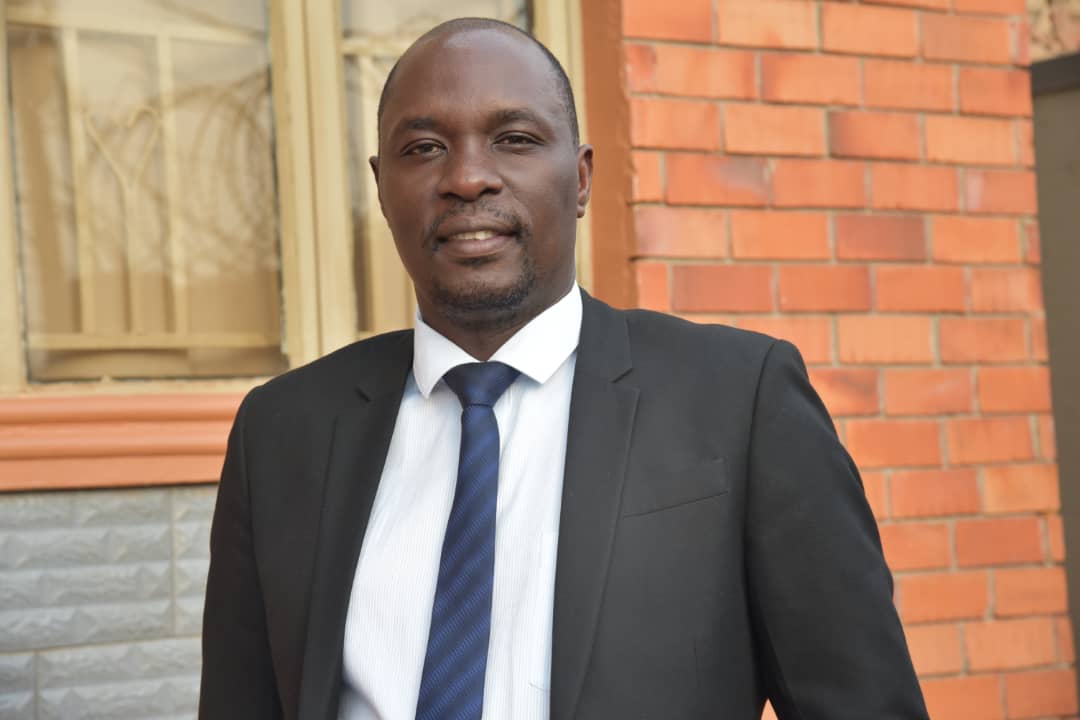
By Frank Obonyo
There is a lot that universities and other institutions of higher learning can emulate from Uganda’s newly introduced competency based O-Level curriculum.
If implemented well, the new Ordinary-Level curriculum, which was rolled out in 2020, will be a game changer in our country’s development. Within the qualification, framers identified a solution for our long-time, lacklustre education syllabus.
My first born is in senior one, and I interact with him frequently about his academic progress. I am amazed by the practicality and relevance of the content of the new curriculum. Currently, senior one to senior three classes are being used as “guinea pigs” to test if this curriculum will be effective.
As a parent, I am already excited at the pilot stage.
Forget about our curriculum that previously was theoretically and contextually irrelevant. For example, I have asked myself why we studied geographic topics such as Canadian Prairies, The Rhineland and European History in A level. Our old curriculum, which is still being used by the existing senior four and A level, has become outmoded.
My son’s current class, for instance, was given this Christian Religious Education scenario question: Two young adults were in a relationship but both of their families were experiencing financial difficulties, and the girl’s father did not want his daughter to get married to the fiancée. The students were required to write a prayer between 500-700 words to guide the two young adults in their preparations for holy matrimony. This is a true-life experience that many families face, and the curriculum is preparing children to solve such challenges.
As another example, my son’s Biology teacher created a WhatsApp group for his class interaction while students are on holiday. I have visited their group and what goes on there is amazing. The learners discuss with their teacher concepts and everyone contributes freely.
The curriculum is more student-centered than the previous teacher-focused one. I appreciate the group activities and individual projects, scenario questions, less cram/memorization work and more understanding of a question and its applicability in our daily lives.
The Arts subjects, which were theoretical in the old curriculum, are now practical, engaging learners in solving individual and societal challenges.
I thank the Ministry of Education and Sports for doing things in new ways. This means that teachers need to adopt different learning strategies to help make the exercise more meaningful for 21st-century learners.
Recently, we held a curriculum review exercise of the Bar Course at the Law Development Centre (LDC). We recommended focus on practical skills, reduction on assessments and workload, course content, and updating the curriculum with new developments in the law (e.g. cyber-crimes and cross-jurisdictional nature of criminal activities and use of e-learning). The Director LDC, Frank Nigel Othembi, said that modern day bank robberies are carried out through cyber networks as opposed to physical breaking into the banks. We agreed that we must go back to the basics and leave out course content that does not promote innovation and critical thinking.
According to United Nations Educational, Scientific and Cultural Organization (UNESCO), knowledge and education are considered among the major factors contributing to the reduction of poverty, sustainable development and economic growth. And it is the curriculum that is increasingly viewed as foundational to educational reforms aimed at the achievement of high-quality learning outcomes.
Therefore, universities and other tertiary institutions of learning need to ask these fundamental UNESCO questions as they develop their curriculum: Which knowledge, skills and values should they include in the curriculum? Would the acquisition and development of such knowledge, skills and values, and of the associated capabilities and competencies, enable our young people to lead meaningful and productive lives? How can we make learning relevant and interesting to students? Learning experiences should be redesigned to be more relevant to student interests, abilities, and cultures.
The writer is Senior Public Relations Officer, Law Development Centre
